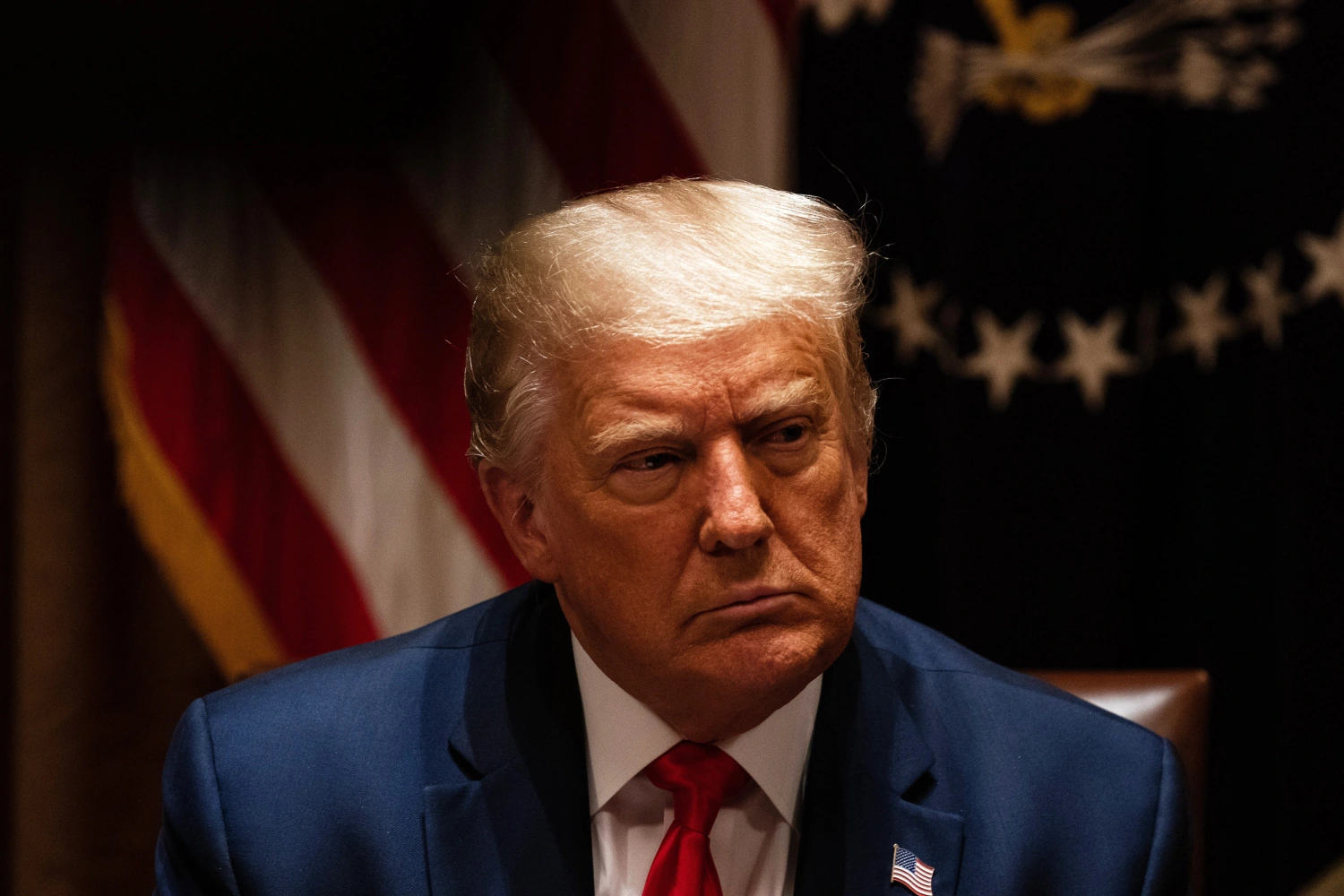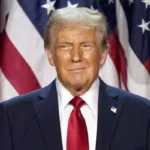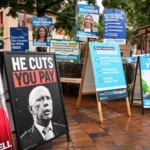President-elect Donald Trump is set to face sentencing on Friday for his New York hush money conviction after the Supreme Court declined to intervene in the case. With just 10 days until his inauguration, Judge Juan M. Merchan has signaled his intention to issue an unconditional discharge—a no-penalty sentence that includes no jail time, probation, or fines. Prosecutors have not opposed this recommendation, though the final decision will be made during Friday’s proceedings.
Regardless of the sentencing outcome, Trump will make history as the first individual convicted of a felony to assume the presidency.
The Hush Money Case
The hush money case centers on an alleged payment made by Donald Trump’s former lawyer, Michael Cohen, to adult film star Stormy Daniels. Daniels claimed she was paid $130,000 to remain silent about an alleged affair with Trump during the 2016 presidential campaign. During the trial, Cohen testified that he arranged the payment at Trump’s direction. Trump has consistently denied the affair and any wrongdoing.
The Conviction
In May of last year, Trump was convicted on 34 felony counts for falsifying business records related to the payment, which prosecutors argued violated state election laws. While hush money payments are not illegal, the Manhattan District Attorney’s Office alleged that Trump improperly recorded the reimbursement to Cohen as legal expenses, constituting a crime. Trump, however, maintains that the reimbursement was accurately logged as legal expenses and insists the payments were made to protect his family, not his campaign.
Trump’s Legal Team’s Failed Bid
Since his conviction, Trump’s legal team has exhausted nearly every possible avenue to overturn the conviction, dismiss the case, or at least delay the sentencing.
They have presented various arguments to Judge Merchan, and federal courts, including the Supreme Court. Trump’s attorneys have focused heavily on claims of presidential immunity, citing a Supreme Court ruling in July that grants former presidents significant immunity.
At the time of the hush money payment to Daniels in 2016, Trump was a private citizen and presidential candidate. However, he was serving as president when the reimbursements to Cohen were made and recorded in 2017.
Defense Claimed Evidence Inadmissible
Trump’s defense team contends that presidential immunity should have barred certain evidence from being presented at trial, including testimony about his conversations with then-White House communications director Hope Hicks.
After Trump won the election this past November, his legal team argued that the case should be dismissed to prevent interference with his impending presidency and the transition to the Oval Office.
Merchan had delayed the sentencing, originally scheduled for July, multiple times. However, last week, he set a firm date for Friday, emphasizing the need for “finality.” In his ruling, Merchan stated that he aimed to strike a balance between Trump’s need to govern, the Supreme Court’s immunity decision, respect for the jury’s verdict, and the public’s expectation that “no one is above the law.”






